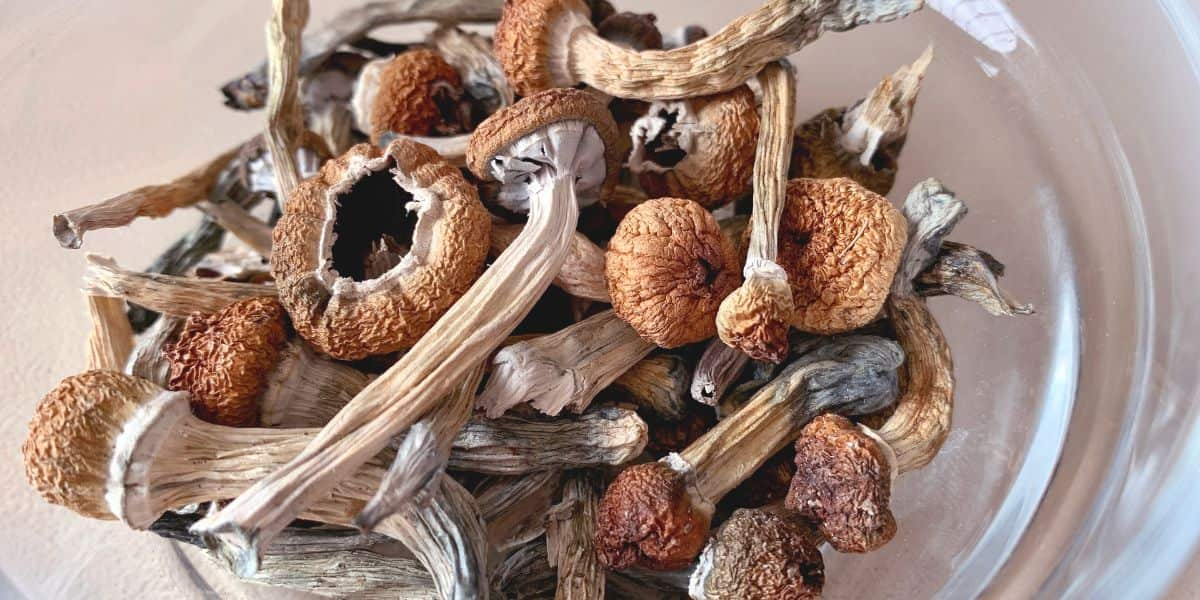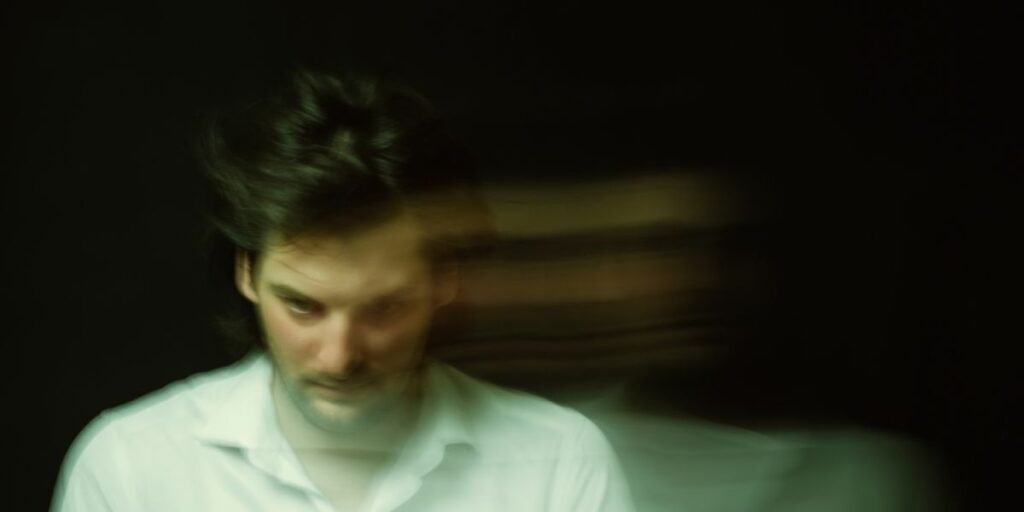Magic Mushrooms (Psilocybin): Effects and Risks


Psilocybin is the active ingredient found in “magic mushrooms,” a psychedelic, hallucinogenic drug that is a Schedule I controlled substance in the United States because it is perceived to have a high risk of abuse with no medical benefits.
What Are Magic Mushrooms?
There are over 200 types of magic mushrooms that contain psilocybin and other psychedelic substances, such as psilocin. These fungi can be found in areas from South America to Mexico and some parts of the United States. Referred to as mushrooms, they share similarities with other hallucinogens, like mescaline peyote and lysergic acid diethylamide (LSD). These substances are frequently abused for their psychedelic properties, often leading to what is known as a trip
How to Use Psilocybin Magic Mushrooms
People consume magic mushrooms in various ways. They can eat them whole, grind them into powder and put them in capsules, bake them in food, or make tea with them.
People consume magic mushrooms in various ways. They can eat them whole. They can grind them into powder and put them in capsules. They can bake them in food. They can also make tea with them.
Mushrooms can be eaten fresh or dried, but they are usually dried before eating. They are often mixed with other foods to hide their bitter taste. Dried mushrooms usually appear rusty brown with patches of white.
Liberty Caps are a popular type of psilocybin mushrooms. They are often used for recreational purposes in North America and Europe. In Canada, people typically only use hallucinogenic mushrooms in a handful of experimental scenarios.
Lots of rain in British Columbia causes extra magic mushrooms to grow. These mushrooms have become an important part of the culture. Individuals from various social classes use these mushrooms recreationally or sometimes for spiritual experiences.

Medical Use and Clinical Trials
The initial clinical research on psilocybin concentrated on treating anxiety and depression in cancer patients. The outcomes demonstrated that psilocybin significantly reduced the existential distress faced by individuals diagnosed with cancer. The findings indicate that psilocybin could potentially aid numerous people struggling with intense depression.
Research conducted at Johns Hopkins University included 24 individuals suffering from chronic depression who underwent psilocybin therapy with two doses. A month after treatment, more than half of the participants were no longer considered depressed. After taking the doses, some people had slightly higher heart rates and blood pressure. However, 67% of them felt less anxious and in a better mood a week later, according to the study.
Additional research conducted by Robin Carhart Harris examined the positive effects of psilocybin. He investigated how the drug reduces brain flow and how this reaction could aid in treating certain psychiatric disorders. His research showed that psilocybin can make people feel better and help with depression and cluster headaches.
Effects of Psilocybin
Psilocybin, a hallucinogenic substance, usually starts to take effect 30 minutes after ingestion. The short-term effects can last around 6 hours, but sometimes, they may last up to 12 hours.
The impacts of psilocybin mirror those of other hallucinogenic substances, provoking visual and auditory illusions and substantial changes in perception, cognition, and emotional state. Consumers can see, feel, and hear things that aren’t real, blurring the line between what’s fake and what’s real.
In addition to visual and auditory hallucinations, other effects of psilocybin include:
- Appetite reduction
- Mouth dryness
- Trouble in getting sleep
- Profuse perspiration
- Atypical actions
- Heightened emotional responses
- Changed sense of time
- Enhanced self-examination
- Sensations of calmness
- Mystical encounters
Long-Term Effects of Magic Mushrooms
Long-term effects associated with psilocybin use include persistent mental health conditions, with symptoms such as:
- Suspicion and mistrust
- Chaotic thought process
- Alterations in vision
- Shifts in emotional state
Flashbacks are a common long-term side effect. They involve specific experiences like hallucinations and visual disturbances. These experiences happen again from the time the drug was used.
HPPD is a disorder called hallucinogen-persisting perception disorder. It can develop days or up to a year after taking the drug.

Physical Effects
Typical physical effects of psilocybin include feelings of nausea, instances of vomiting, mental confusion, muscular feebleness, and compromised coordination. Other potential physical repercussions could involve:
- Cold sweats
- Enlarged pupils
- Diarrhea
- Abdominal cramps
- Dizziness and feeling lightheaded
- Increased heart rate, body temperature, and blood pressure
Risks of Magic Mushroom Use
Cultivated mushrooms show a significant variation in psilocybin content, suggesting that doses are uncontrolled when used illegally. Studies of “street samples” have demonstrated that the psilocybin content can vary up to tenfold.
Taking a large dose of magic mushrooms can cause a powerful psychedelic experience. This experience is sometimes referred to as a bad trip. It may involve feelings of panic, confusion, mental health problems, and frightening visual effects.
Additionally, misuse can result in life-threatening situations if poisonous mushrooms are mistakenly identified and consumed as psilocybin mushrooms.
Substance Use Disorder Treatment at White Oak Recovery Center
If you suspect that you or a loved one might be struggling with psilocybin mushroom abuse, White Oak Recovery Center offers a complimentary and private consultation.
Psychedelic mushrooms are not usually addictive, but people can still misuse them because of their low potential for addiction. Some users may appear disconnected from reality even after the drug’s effects have faded. This could be a sign of long-term mental health issues resulting from prolonged drug use.
At White Oak Recovery Center, our dual diagnosis program helps identify mental health disorders that often underlie addictions. Our addiction specialists design personalized treatment plans to address these co-occurring conditions.
WORC’s integrated treatment programs can be your first step toward peace. Contact us today to speak with a compassionate treatment specialist.

Am I covered for addiction treatment?
Your insurance may cover treatment. Call now for an entirely free and confidential assessment. Recovery starts with a phone call.

- “Psychedelic and Dissociative Drugs.” National Institute on Drug Abuse, Apr. 2024.
- Johnson, Matthew W., et al., “The Abuse Potential of Medical Psilocybin According to the 8 Factors of the Controlled Substances Act.” Neuropharmacology, Nov. 2018.
- Carhart-Harris, Robin L., et al., “Neural Correlates of the Psychedelic State as Determined by fMRI Studies with Psilocybin.” Proc Natl Acad Sci USA, Jan. 2012.
- Pollock, Steven Hayden, “Liberty Caps: Recreational Hallucinogenic Mushrooms.” Drug and Alcohol Dependence, Oct. 1976.
Medical Disclaimer:







